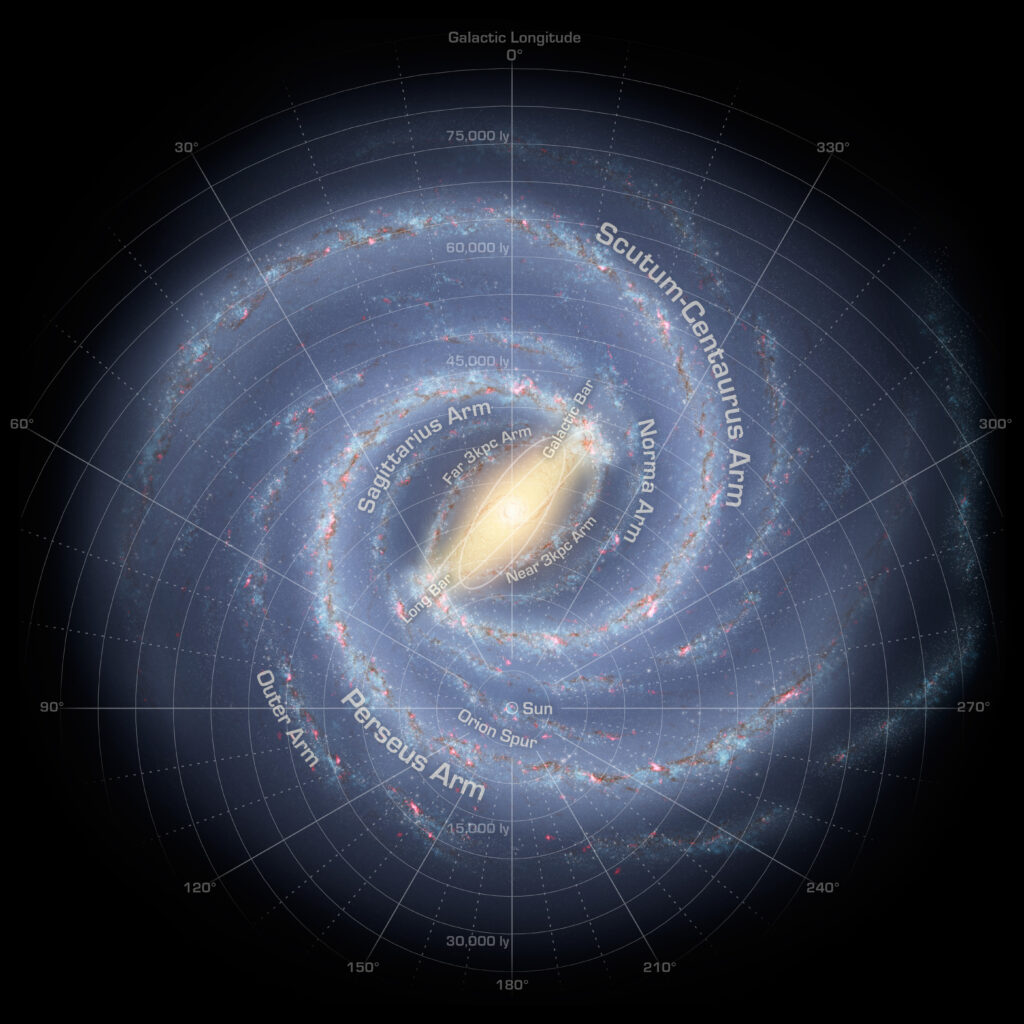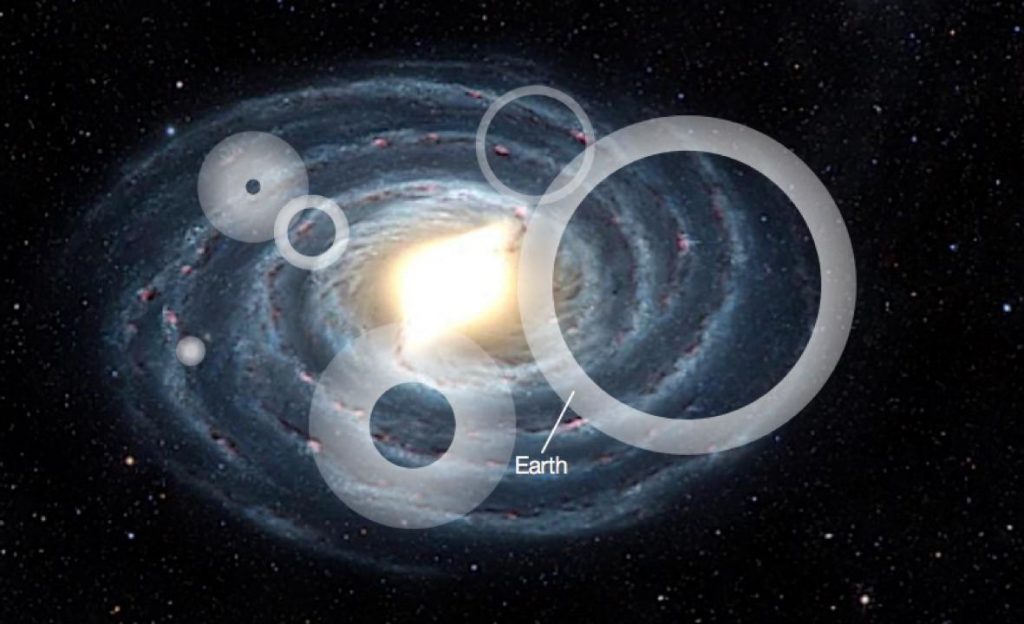Intelligent life in the Milky Way is slowly dying out
Mankind is pretty late and pretty far out. That's the conclusion of a study that statistically examines the development of intelligent life in the Milky Way. In it, the authors look at a whole range of factors that they think influence the evolution of intelligent life, such as the frequency of Sun-like stars hosting Earth-like planets, the frequency of civilization destroying supernovas, the length of time it takes for intelligent life to evolve (if conditions are right), and the tendency of advanced civilizations to self-destruct. The researchers incorporated these factors, with varying values, into a simulation of the Milky…

